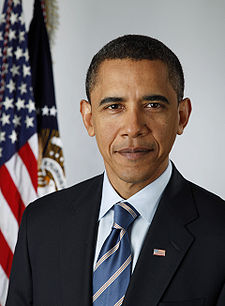I have long wanted to write about depression and the stigma felt in the African-American community. In both my inpatient and outpatient treatments, black women and men talked about the need to keep their mood disorder private. Newsweek magazine recently covered the suicide of 19-year-old Abraham Biggs as a chat room watched him via his live webcam. The death, according to Newsweek writer Joshua Alston, draws attention to two disturbing topics: 1. the voyeuristic nature of his death, but also 2. the thick stigma in the African-American culture with regard to mental illness. Writes Alston:
According to the American Association of Suicidology, the rate of suicide among black men ages 15-24 increased 83 percent in the ’80s to early ’90s. While the rate has fallen since, suicide is still the third leading cause of death among young black men, who are seven times as likely to commit suicide as black women. Dr. Sean Joe is an Assistant Professor of Social Work at the University of Michigan who studies suicide and other self-destructive behaviors among young black men.
Then Alston interviewed Dr. Sean Joe, Assistant Professor of Social Work at the University of Michigan:
Alston: Is there a perception in the black community that suicide is not a problem?
Dr. Joe: There was an idea in the black community, and to a certain degree in the mental-health community, that blacks didn’t engage in suicidal behavior. But there was a large increase in suicides among African-Americans, particularly young black males that began in the late 1980s and rose to its peak in the late 1990s. The current rate of suicide among black males ages 15 to 24 is not higher than that of whites, but it is parallel with it. There are still things we don’t yet understand, but there is an increased understanding that, yes, young black males do engage both in suicide and suicidal behaviors that don’t lead to death. And in order to help those young men, it’s important to understand that they are at risk as well.
Alston: Are black men less likely to seek treatment for mental-health issues?
Dr. Joe: Yes, for a variety of reasons, including their attitudes toward health-care providers and attitudes toward the efficacy of those services. The bigger challenge is redrawing black masculinity in general, and the ways in which men perceive what it means to seek help for mental-health issues. The degree to which we can reduce the stigma around seeking help, and get men to understand that it isn’t weak to seek help for your issues will greatly affect our ability to reach that community.
To read more Beyond Blue, go to http://blog.beliefnet.com/beyondblue, and to get to Group Beyond Blue, a support group at Beliefnet Community, click here.
To subscribe to “Beyond Blue” click here.
![]()

